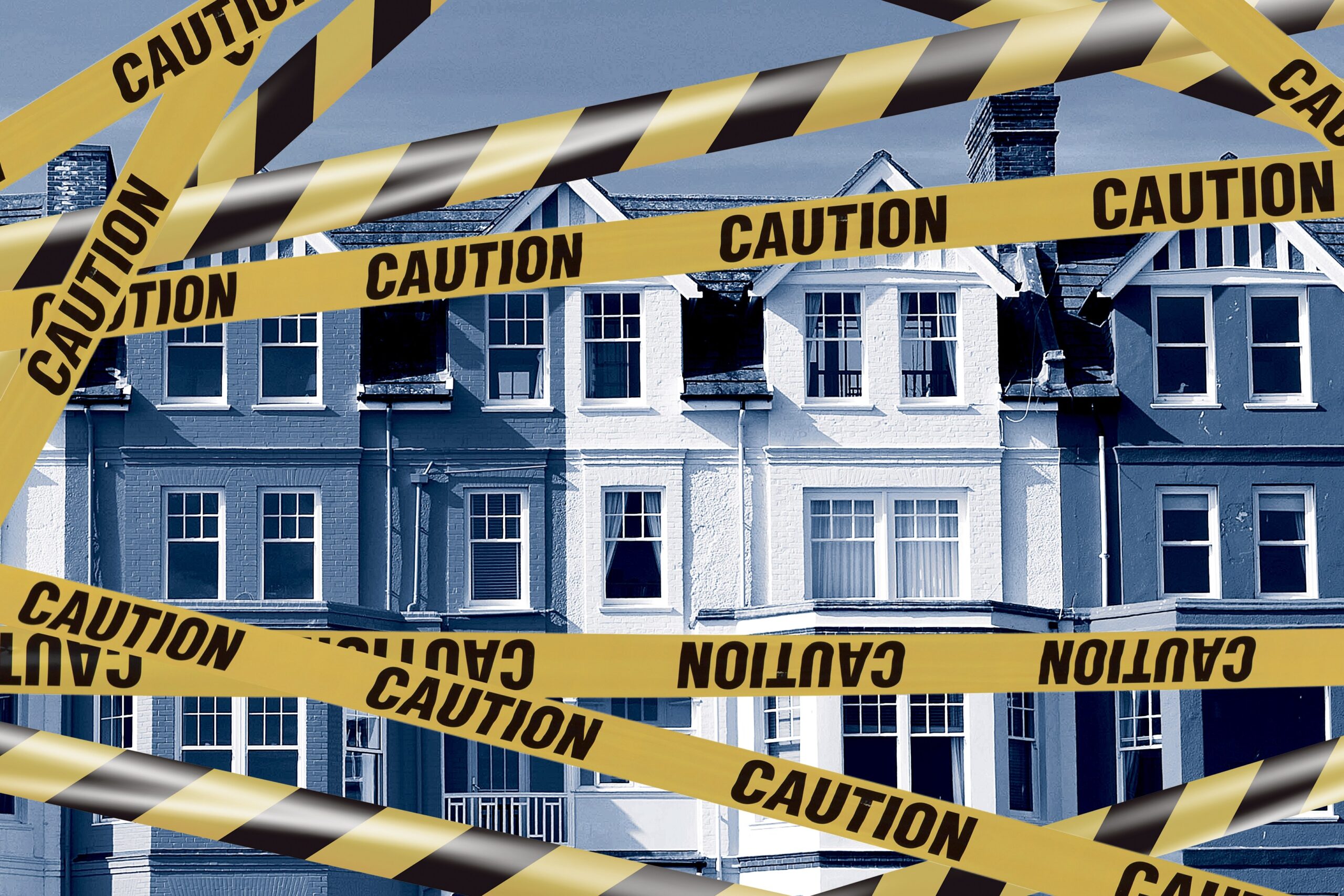
Amidst the Rising Demand for Rental Properties, Scammers Thrive
The rental market in 2024 is experiencing an unprecedented surge in demand, driven by factors such as the pandemic’s impact on employment, rising housing costs, and the trend of urbanization. This heightened demand has created fertile ground for rental scammers to operate, preying on unsuspecting individuals seeking housing.
What are Fake Rental Listings?
Fake rental listings are fraudulent advertisements that misrepresent or completely fabricate property availability and pricing. These listings entice individuals to submit personal information or payment deposits, only to be met with empty promises or outright scams.
Signs That a Listing May Be Fake
- Too-good-to-be-true prices: If a rental seems suspiciously cheap compared to similar properties in the area, be cautious. Scammers often list properties at prices far below market value to entice potential renters.
- Lack of real contact information: Legitimate landlords typically provide their contact information, including their full name, phone number, and email address. If a listing only displays a generic email address or asks you to contact a “representative” through a messaging app, it’s a red flag.
- Unrealistic descriptions and photos: Scammers may use stock photos or manipulate images to make the property appear more appealing than it actually is. Check the listing’s photos closely for inconsistencies or signs of manipulation.
- Obtaining personal information early on: Legitimate landlords typically focus on verifying your rental history and income rather than requesting personal information like bank account details or social security numbers before viewing the property.
- Requests for money or deposits upfront: Avoid sending money or security deposits without physically viewing the property and signing a lease agreement. Legitimate landlords will typically require a security deposit after a successful application process.
How Do Fraudsters Benefit From Fake Rental Listings?
Fake rental listings can be used for a variety of purposes, including:
- Collecting personal information: Fraudsters may use the information you provide to open fraudulent accounts or sell it to third parties.
- Charging upfront fees: Scammers may ask for upfront fees for deposits, application fees, or processing fees.
- Stealing deposits: Fraudsters may collect deposits for properties that don’t exist or for which they are not authorized to rent.
Preventive Measures to Protect Yourself
- Utilize reputable platforms: Stick to known and reputable rental platforms like Zillow, Apartments.com, and Trulia. These platforms have fraud prevention measures in place and are more likely to remove fake listings.
- Verify the property’s address: Use Google Maps or other mapping tools to verify the property’s address and ensure it exists and matches the listing’s description.
- Conduct a reverse image search: Upload the property’s photos to a reverse image search engine to see if they have appeared in other listings or websites. This can help identify stolen images.
- Never send money or personal information via unsecure channels: Only provide payment details through trusted platforms like PayPal or Venmo, and use secure messaging apps like Signal or WhatsApp for communication.
- Schedule a physical viewing: Insist on seeing the property in person before committing to any payment or signing a lease agreement. A physical inspection will help you assess the property’s condition and verify its authenticity.
- Research the landlord: Conduct a background check on the landlord using online resources and check reviews from previous tenants.
- Report suspicious listings: If you encounter a suspicious listing, report it to the platform hosting the advertisement and file a complaint with the appropriate authorities.
Taking Action Against Fake Rental Listings
The rise of fake rental listings is a growing concern that requires collective action from individuals, platforms, and law enforcement agencies. Here are some steps to take:
- Be cautious and vigilant: Exercise caution when responding to rental ads and don’t hesitate to question suspicious elements.
- Report fake listings immediately: Report any fake listings you encounter to the platforms hosting the advertisements and file complaints with relevant authorities.
- Support initiatives to combat scams: Support organizations working to raise awareness about rental scams and educating renters on how to identify and avoid them.
- Call for stronger regulations: Advocate for stricter regulations on rental platforms to prevent the proliferation of fake listings and protect renters’ interests.
Reporting Rental Fake Listings
In recent years, the rise of online marketplaces has opened up new opportunities for travelers to find and book rental accommodations. However, this increased convenience has also made it easier for scammers to create fake listings that can deceive unsuspecting individuals into parting with their money.
Identifying Fake Rental Listings
Fortunately, there are some telltale signs that can help you identify a fake rental listing before you fall victim to a scam. Here are some common red flags:
- Unrealisticly low prices: If the price seems too good to be true, it probably is. Scammers often use ridiculously low prices to lure in unsuspecting victims.
- Generic or stock photos: Legitimate listings will typically feature high-quality photos of the actual property. Fake listings often use generic stock photos or photos from other properties.
- Lack of detail: Legitimate listings will provide detailed descriptions of the property, including its amenities, location, and rules. Fake listings may be vague or provide incomplete information.
- Unresponsive or unprofessional communication: If the host is difficult to reach or their communication is unprofessional, it’s a sign that something is off.
- Demanding upfront payment: Legitimate hosts will typically ask for a deposit at most. If the host is demanding full payment upfront, it’s a red flag.
- Listings that are unavailable for viewing or have limited availability: Legitimate hosts will usually be available to show you the property before you book. If the listing is always unavailable or has limited availability, it’s suspicious.
Reporting Fake Listings
If you suspect that you’ve encountered a fake rental listing, it’s important to report it to the platform where you found it. Most platforms have specific reporting procedures in place to help you flag suspicious listings. Here’s how to report a fake listing on Airbnb, Craigslist, and Facebook Marketplace:
Airbnb
- Go to the listing page.
- Click on the three dots in the top right corner of the listing.
- Select “Report this listing.”
- Choose the “This is a scam” option.
- Provide as much information as you can about the listing, including the host’s name, contact information, and any other details that you can remember.
- Submit the report.
Craigslist
- Go to the listing page.
- Click on the “Report to Moderators” link.
- Select the “Fake Listing” option.
- Provide a brief description of the listing and any other relevant information.
- Submit the report.
Facebook Marketplace
- Go to the listing page.
- Click on the three dots in the top right corner of the listing.
- Select “Report this post.”
- Choose the “It’s a scam” option.
- Provide as much information as you can about the listing, including the host’s name, contact information, and any other relevant information.
- Submit the report.
By following these tips, you can help to protect yourself from fake rental listings and ensure a safe and enjoyable rental experience.










Be the first to comment